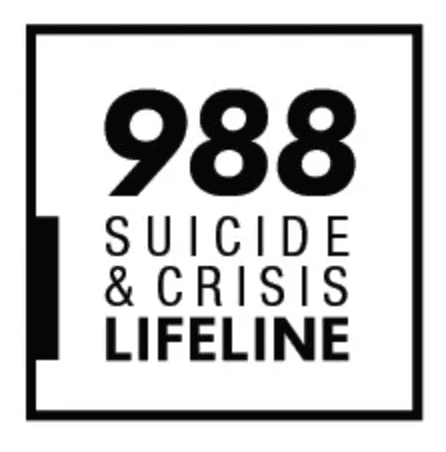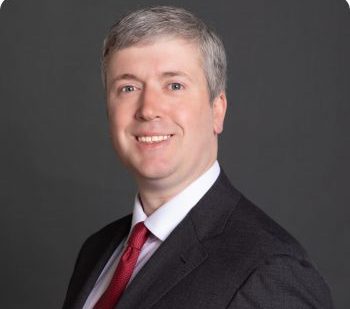
The number will accept calls or texts 24-7 to connect to the National Suicide Prevention Lifeline.
A new dialing code, 9-8-8, is to be used for calls or texts that connect people with the existing National Suicide Prevention Lifeline.
According to suicide statistics, roughly 45,979 Americans died by suicide in 2020 with an estimated 1.2 million attempts. It is the 12th leading cause of death in the country. The rate of suicide is highest in middle-aged white men who accounted for 69.7% of suicide deaths in 2020.
The National Suicide Hotline has received nearly 2.5 million calls in 2020 and estimate that number will increase significantly with the use of a three-digit number.
On Saturday, Mississippi Attorney General Lynn Fitch tweeted about the change, saying, “When people are in crisis, we can show them hope is still there.”
Today, Mississippi begins using the 988 dialing code – the new three-digit number for calls (multiple languages), texts or chats (English only) connecting people to the existing National Suicide Prevention Lifeline. When people are in crisis, we can show them HOPE is still there. pic.twitter.com/QQ5NtCwaIC
— Lynn Fitch (@LynnFitchAG) July 16, 2022
In 2021, the Mississippi Department of Mental Health received $125,000 in funding to go toward the implementation of the new national three-digit number. The grant funding was used to prepare for the infrastructure needs, volume growth, training and educating staff, data collection, as well as access to the Lifeline’s new number.
The grant funding comes from the Vibrant Emotional Health, a non-profit administrator of the National Suicide Prevention Lifeline and the 988 State Planning Grant.
“Access to mental health and crisis support has never been more critical for Americans,” said Kimberly Williams, President and CEO of Vibrant Emotional Health. “Vibrant is committed to providing the states and territories with some of the resources they’ll need to plan for the implementation of 988 and to support their local crisis centers. By working together, we will increase access to care, reduce the stigma around mental health and, ultimately, save lives.”











